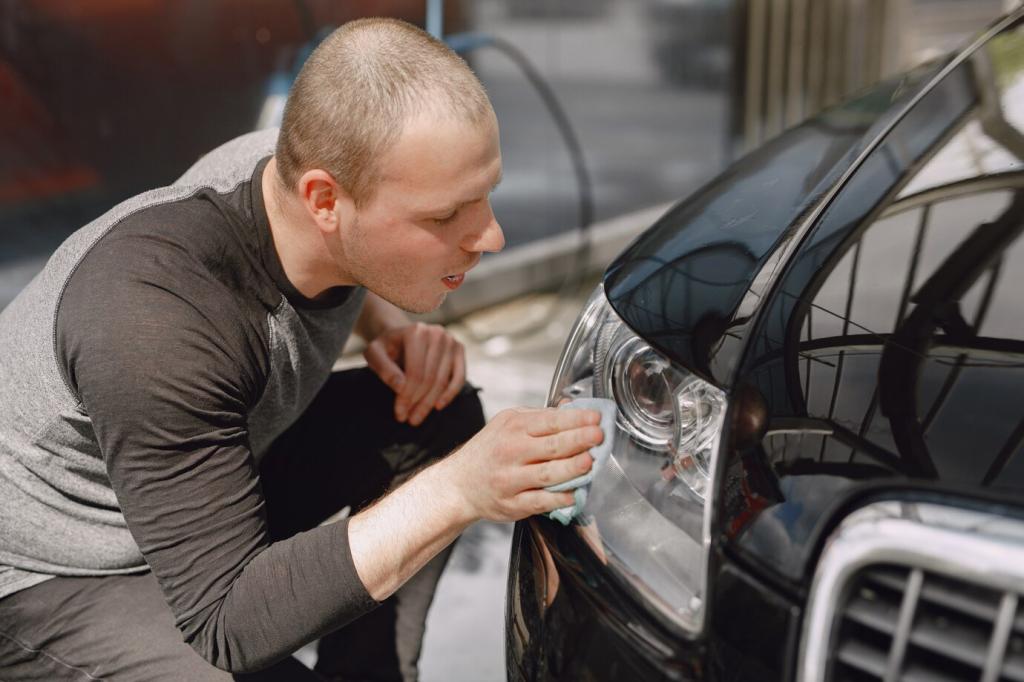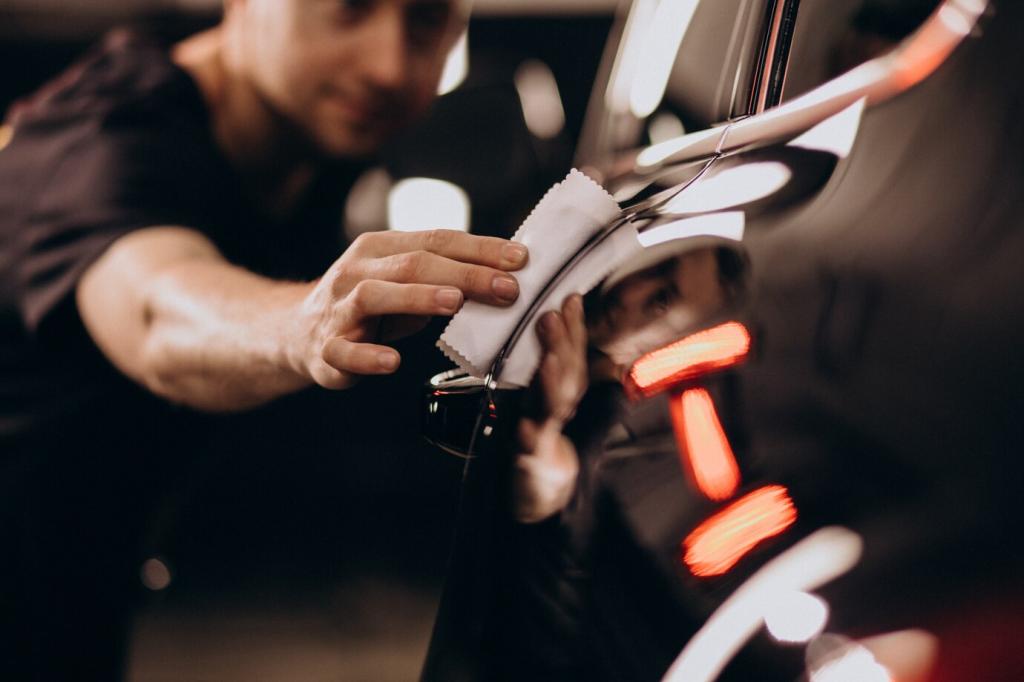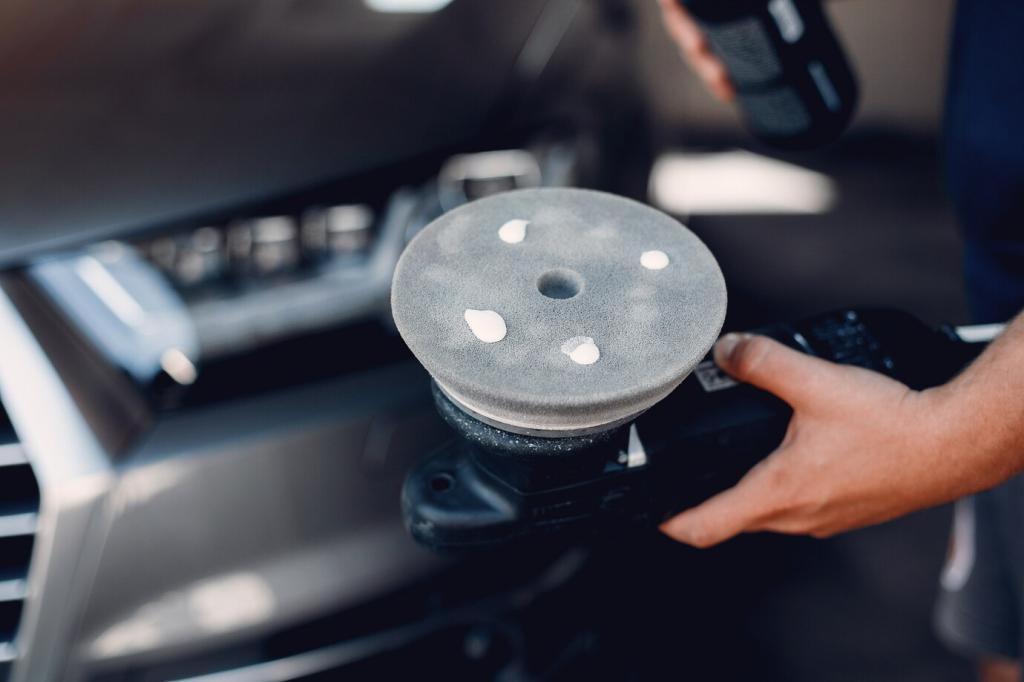Waste Reduction and Responsible Sourcing
Concentrates cut packaging and shipping emissions while saving money. One neighborhood studio reported halving plastic waste after switching to wall-mounted dispensers and labeled reusable bottles. If you have a refill station setup, post photos and share your most reliable dilution ratios.
Waste Reduction and Responsible Sourcing
Cold or warm washes, liquid detergent, and no fabric softener preserve fiber bite and absorbency. Use dedicated wash bags or filters to capture lint. Retire stained towels to wheels or engine bays, extending utility and keeping pristine towels ready for delicate paintwork.








